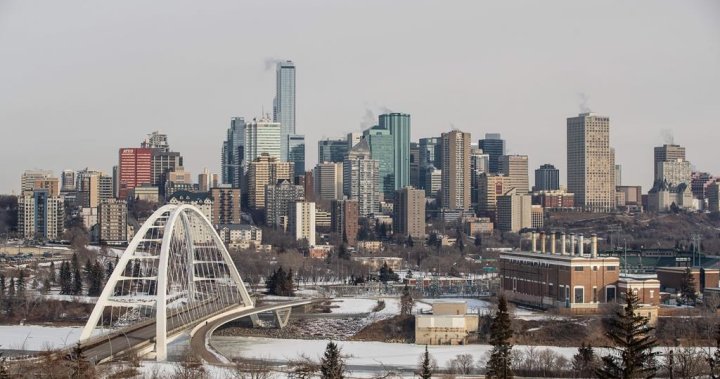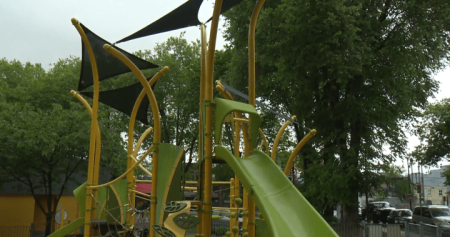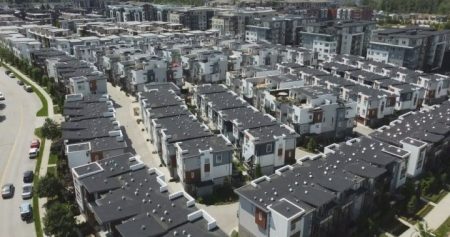The federal government’s plan to combat the affordable housing crisis in Canada is facing scrutiny in Edmonton, Alberta, where home and rental prices are steadily increasing. Minister Randy Boissonnault stressed the importance of building more homes to address the housing shortage, especially for younger Canadians. The government unveiled a new $1.5 billion housing fund that will help non-profit organizations acquire rental units and ensure they remain affordable. The Canada Rental Protection Fund, set to be part of the April 16 federal budget, will provide loans and contributions to non-profits to acquire affordable rental units.
In addition to the federal government’s housing plan, the City of Edmonton announced its own initiatives to address the affordable housing issue. Mayor Amarjeet Sohi highlighted the city’s new Affordable Housing Strategy, which includes building a new seniors’ lodge in north Edmonton with 36 affordable suites. The city also introduced its Indigenous-led affordable housing grant program, which has funded close to 600 supportive housing units through the rapid housing initiative. However, Sohi acknowledged that the need for affordable housing is far greater than what the city is currently able to provide, emphasizing the importance of doing more to address the crisis.
Prime Minister Justin Trudeau also announced additional measures to support affordable housing, including adding $15 billion to an apartment construction loan program and launching a $6 billion infrastructure fund to support homebuilding. Despite these efforts, critics like Jim Gurnett, executive director of the Edmonton Coalition On Housing and Homelessness, remain skeptical about the impact of the government’s financial commitments. Gurnett expressed concern about the government’s ability to track the delivery of new housing units and suggested that the announced amounts may not be sufficient to address the long-standing housing crisis.
The federal government’s housing plan is part of a larger effort to win back younger voters and address the ongoing affordable housing crunch in Canada. The focus on building more affordable rental units and supporting non-profit organizations in acquiring such units reflects the government’s commitment to addressing housing inequity. The City of Edmonton’s initiatives, such as the construction of the seniors’ lodge and the Indigenous-led affordable housing grant program, demonstrate a localized approach to addressing the affordable housing crisis in the city.
Despite the government’s efforts to allocate significant funds towards affordable housing, critics argue that more needs to be done to truly address the housing crisis. While the announcements of additional funding may sound dramatic, there are concerns about the actual impact and effectiveness of these measures in providing adequate affordable housing solutions. As the federal government and cities like Edmonton continue to roll out housing initiatives, it remains to be seen whether these efforts will be enough to meet the growing demand for affordable housing in Canada and alleviate the housing crunch that many Canadians are currently facing.















